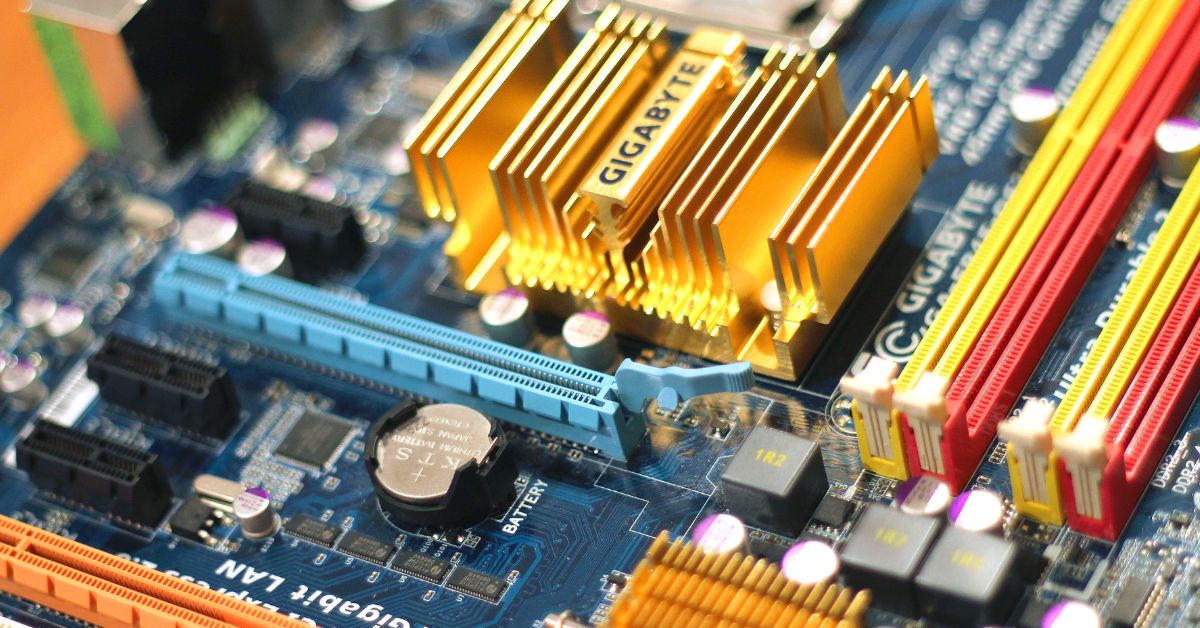Introduction to Solar Air Conditioners
In today’s world, where sustainability is becoming increasingly important, solar air conditioners offer a promising alternative to conventional cooling systems. Unlike traditional air conditioners, which rely heavily on electricity from non-renewable sources, solar air conditioners harness the power of the sun to provide cooling. This shift not only reduces the carbon footprint but also offers numerous benefits to users. As energy demands continue to rise, exploring efficient and eco-friendly solutions like solar air conditioning becomes crucial.
Solar air conditioners operate by converting sunlight into energy using photovoltaic panels. This energy is then used to power the cooling system, significantly reducing the reliance on grid electricity. With advancements in solar technology, these systems are becoming more accessible and efficient, making them a viable option for both residential and commercial use.
The importance of transitioning to solar air conditioning lies in its potential to mitigate environmental impacts. Traditional air conditioners contribute to greenhouse gas emissions and energy consumption, whereas solar systems offer a cleaner, more sustainable solution. By adopting solar air conditioners, individuals and businesses can play a part in promoting environmental responsibility while enjoying the benefits of reduced energy costs.
Environmental Benefits of Solar Air Conditioners
The environmental advantages of solar air conditioners are significant. Traditional air conditioning systems are known for their high energy consumption, which often results in increased carbon emissions. In contrast, solar air conditioners utilize renewable energy, leading to a substantial reduction in carbon footprint.
One of the primary environmental benefits is the decrease in greenhouse gas emissions. By using solar energy, these systems help reduce the dependence on fossil fuels, which are a major source of pollution. This shift not only contributes to cleaner air but also aids in combating climate change.
Moreover, solar air conditioners promote energy efficiency. They are designed to optimize energy use, ensuring minimal wastage. This efficiency is crucial in reducing overall energy demand, especially during peak usage times. Additionally, the use of solar panels supports the transition to renewable energy sources, further enhancing sustainability efforts.
Implementing solar air conditioners can also lead to a decrease in the urban heat island effect. Traditional air conditioners expel heat into the environment, exacerbating this phenomenon. In contrast, solar systems, by relying on natural energy, contribute less to local temperature increases, making urban areas more comfortable.
Economic Advantages of Solar Air Conditioners
Beyond environmental benefits, solar air conditioners offer notable economic advantages. One of the most appealing aspects is the potential for significant cost savings on energy bills. As solar air conditioners rely on sunlight, they reduce the need for electricity from the grid, leading to lower utility costs.
The initial investment in solar air conditioning systems may be higher than traditional units; however, the long-term savings often outweigh the upfront costs. Many regions also offer incentives and tax credits for installing solar systems, further reducing the financial burden on consumers.
Another economic benefit is the increase in property value. Homes and buildings equipped with solar technologies are often more attractive to buyers, as they promise lower energy costs and a reduced environmental impact. This appeal can lead to higher resale values and quicker sales.
Furthermore, solar air conditioners require less maintenance compared to traditional systems. They have fewer moving parts, which reduces the likelihood of mechanical failures. This reliability translates to lower maintenance costs and fewer disruptions, providing additional financial relief to users.
Overall, the transition to solar air conditioners represents a wise economic decision for those looking to save on energy costs while contributing to a sustainable future.






